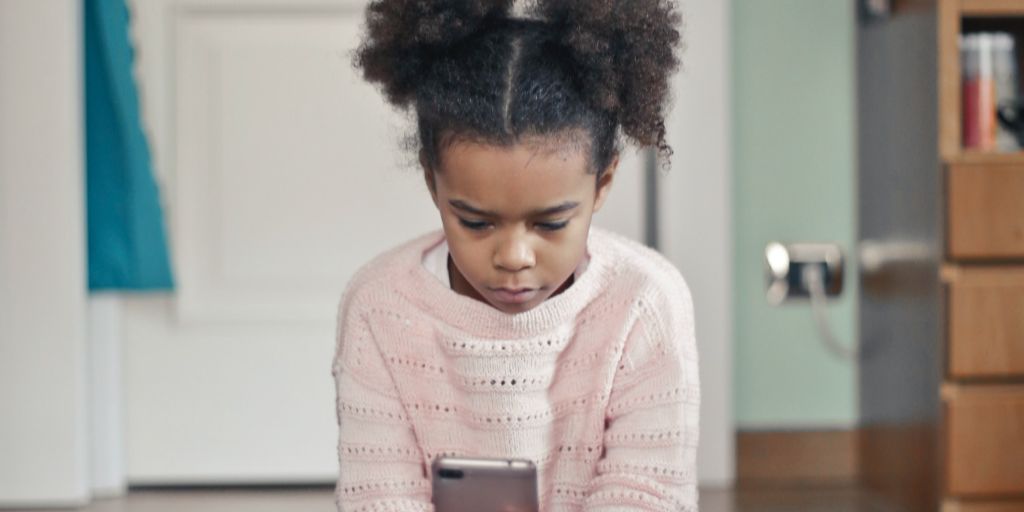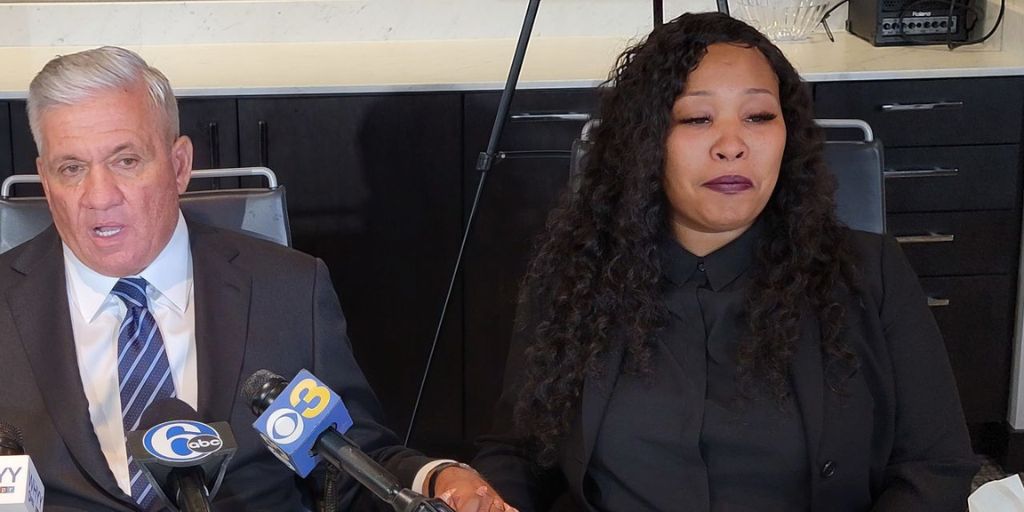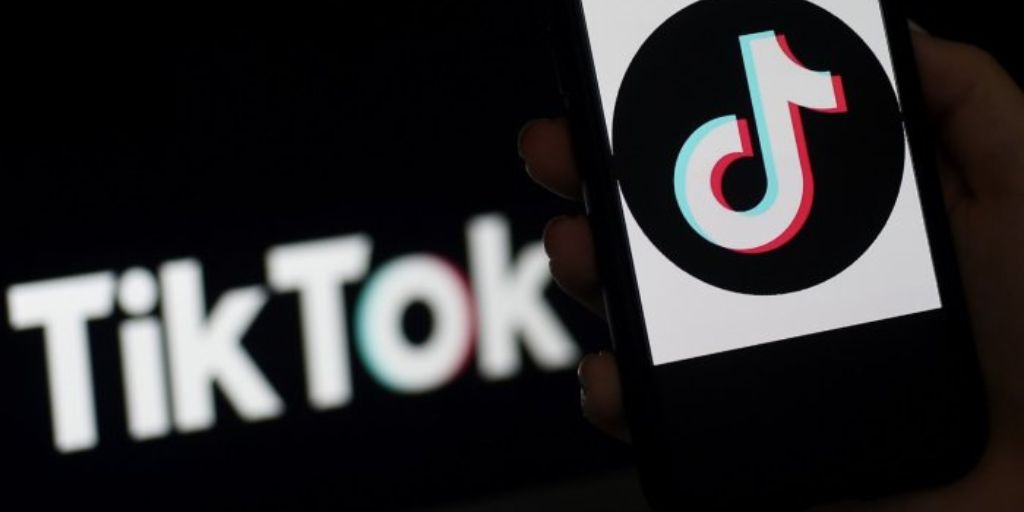What is the news making headlines “Parents Sue Tiktok Blackout Challenge”? There were numerous actions TikTok could have taken after the first child died from self-strangulation while attempting a suggested “Blackout Challenge” to prevent future children from suffering the same fate right away. Instead, according to a recent complaint filed in California, TikTok decided to keep making money off of what is now thought to be its deadliest challenge, directly contributing to the deaths of six additional children.
The parents of two of the kids, females aged 8 and 9, filed the complaint. They contend that their children died after undertaking the Blackout Challenge after becoming addicted to TikTok and being given a continual diet of videos that appeared to be harmless challenges to get them to take part. (Users of TikTok are urged to record videos of themselves choking until they pass out as part of the Blackout Challenge.) The lawsuit seeks damages from TikTok for its product design, which steers kids to videos, rather than blaming makers of damaging films or going after TikTok for publishing content.

Parents Sue Tiktok Blackout Challenge. But Why?
Here is everything about why the Parents Sue Tiktok Blackout Challenge? The Social Media Victims Law Center (SMVLC) legal team representing the parents summarized the extensive complaint in a statement, saying: “The suit alleges that TikTok’s defective design of its social media product results in an addictive product that is not safe for users and fails to warn minors and their parents that TikTok is addictive and pushes harmful content onto their ‘For You’ page that could endanger their wellbeing.
Ars’ request for comment from TikTok was not immediately answered, although a spokesman for the firm told The New York Times that “the company would not comment on the ongoing lawsuit.” A previous company statement to People magazine about a 10-year-old girl who also passed away after undertaking the Blackout Challenge was also referenced by the representative. According to TikTok at the time, the “disturbing challenge” preceded their platform and was never “a TikTok craze.” TikTok promised to “stay diligent in our commitment to user safety” and “quickly remove relevant content” if it was discovered, and it offered its “deepest sympathy” to the family impacted by that incident.
Also Read: Is Tiktok Safe For Kids? All You Must Know
What Do The Lawsuit Has To Say About It?
In contrast, the lawsuit asserts that “the ‘Blackout Challenge’ today cannot be located on TikTok’s social media platform,” which establishes that the videos might have been taken down as soon as TikTok became aware of the first fatality. Even though “the expense of implementing age and identity verification into TikTok’s platform would be low,” the firm decided against doing that or any earlier measure to reduce youngster exposure to the challenge.
Parents demand a jury trial to determine whether TikTok’s design has to alter to make TikTok accountable for addicting their children. Although the amount of damages sought is not yet known, it is anticipated that they would compensate the children’s “intangible losses” sustained before their deaths as well as the loss of their “future earning ability” and “regular hobbies, pursuits, and joys.”
TikTok needs to be held responsible for exposing these two young girls to harmful content, according to Matthew P. Bergman of the SMVLC, a member of the parents’ legal team. “TikTok has spent billions of dollars designing products that purposefully push harmful content that it knows is dangerous and could kill its customers.”
Also Read: Dwayne Johnson And Kevin Hart Tries Viral TikTok Challenge
What Could Have Been Done Instead?
The Parents Sue Tiktok Blackout Challenge. They claim that it is clear that their children are too young for the app when they share videos of themselves. According to the lawsuit, the platform is aware that “hundreds of thousands of youngsters as young as six years old are currently utilizing its social media product” but does nothing to stop them because doing so would reduce the company’s ad revenue.
The complaint claims that regardless of the information a user supplies when setting up an account, TikTok “has information and knowledge that can reasonably [sic] certainty establish each user’s age, habits, and other personal information.” In other words, TikTok is aware when a person poses as 21 but is 12 years old.

Also Read: Who Is The Most Followed Person on Tiktok?




